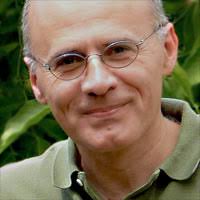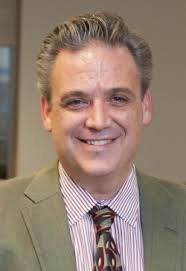What’s the underlying theory? An interview with Kathleen Eisenhardt

In the early days of this blog, I had prepared an initial list of scholars who I wanted to interview, and as many can well imagine, Kathleen Eisenhardt was high on that list. However, our paths never crossed, and I never dared write to her directly, held back by a fear of rejection or by unexpected shyness – can’t say which for sure – and so this interview stayed where it was: on my wish list. It took the pandemic, and my own need to “walk the talk” with students to make it happen. Indeed, to maintain community among our local PhD students during the pandemic, I had begun a series of student-led, online talks with well-known scholars on various aspects of qualitative research. To those who offered to help me with organizing, I had said: “Invite whomever you like.” They answered: “Anyone?” And I said, “Yes, anyone”. In my qualitative methods class, I encourage students never to be shy about reaching out to potential informants, regardless of whether they know them or not, whether they are famous or not, whether they are the CEO, a VP or someone working on an assembly line. It doesn’t matter. I tell them, “Try reaching out. What is the worse than can happen?” So, when the students said they wanted to invite Kathleen Eisenhardt, what could I say? We wrote to her, and she wrote back almost immediately! How amazing was that? We had a brilliant and wonderfully informal group discussion about case study method, and some time after that, Kathleen graciously took time to let me interview her for this blog. And here you have it: an informal discussion with Kathleen about the ups, downs and practicalities of conducting, writing and publishing case study research. Enjoy!
Read more
 Ann Cunliffe, Professor of Organization Studies, FGV-EAESP, Sao Paulo, Brazil
Ann Cunliffe, Professor of Organization Studies, FGV-EAESP, Sao Paulo, Brazil Mike Pratt
Mike Pratt

